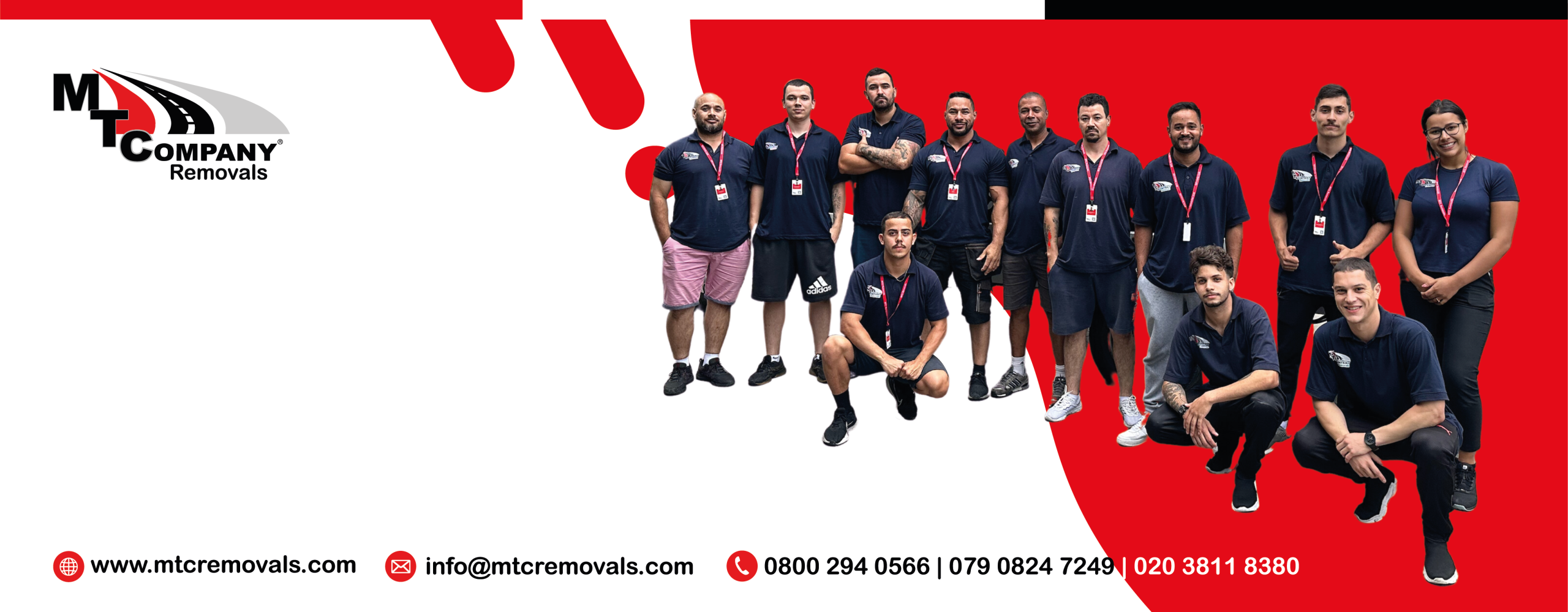

Moving can be both exciting and stressful, with many hidden costs that can catch you off guard. Proper budgeting is essential to avoid financial surprises. This guide will help you identify and plan for all potential moving expenses.
Planning and Initial Costs
Moving can be a daunting task, and understanding the various costs involved is crucial for effective budgeting. Here’s a breakdown of potential hidden costs you may encounter during the moving process.
Moving doesn’t have to be financially overwhelming. With careful planning and a clear understanding of all potential costs, you can create a realistic budget that accommodates your needs without breaking the bank. It’s important to consider various expenses, such as packing supplies, transportation, and any additional services you may require. By thoroughly researching and preparing for these costs, you can ensure a smooth transition to your new home without the stress of unexpected financial burdens. For professional, budget-friendly moving services tailored to your specific requirements, Contact MTC Removals today and let us help make your move as seamless as possible.
